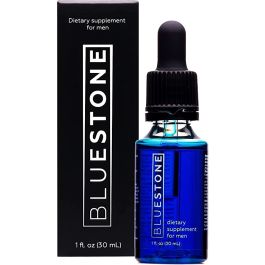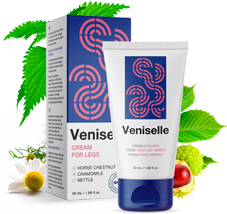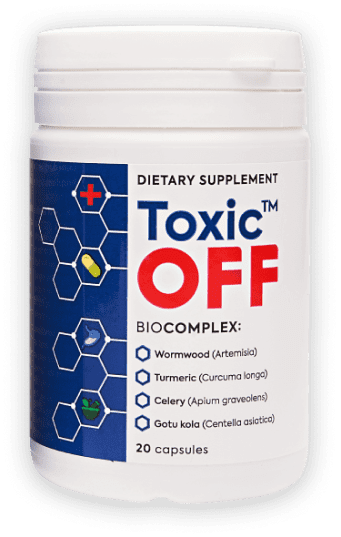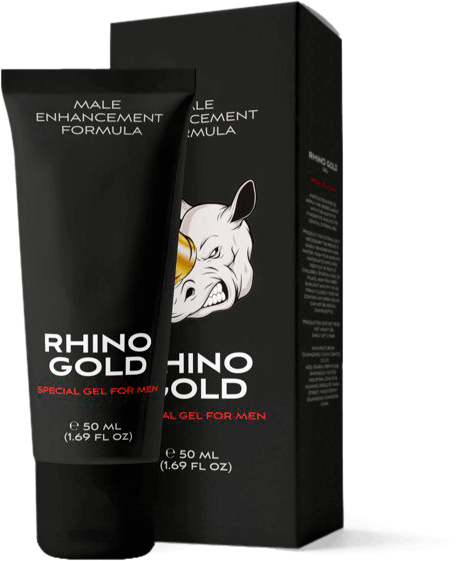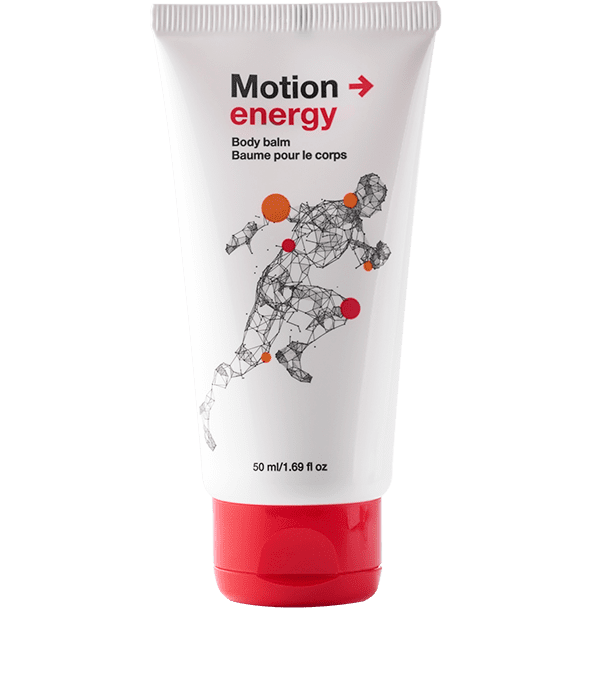Welcome to www.dayhappy.net, your one-stop-shop for the finest natural goods and nutritional supplements that not only make life easier, but also encourage excellent health and reduce stress.
We are pleased to offer a variety of things that have been carefully selected to satisfy your desires and give you a holistic approach to life.
You’ll find an incredible array of natural items harnessing the good power of nature in our wide range.
We focus on products that are free of toxic chemicals and embrace the healing benefits of natural materials, from organic skincare essentials to eco-friendly home cleaning solutions.
You can be confident that every ingredient on our website has been rigorously tested to ensure it meets the highest requirements for quality and potency.
Our dedication to your well-being transcends the physical realm. We understand that a healthy mind is essential to peaceful living, which is why we offer a variety of nutritional supplements designed to help with mental and emotional health.
Discover our mood-boosting vitamins, stress-relief aids, and cognitive enhancers, all intended to help you achieve a state of harmony and inner peace.
We believe that a healthy lifestyle includes not only the things we eat, but also the behaviors we develop.
That’s why we offer many resources, such as articles, tips, and guides, to provide you with the knowledge you need to make informed decisions and embrace a more natural lifestyle.
We also provide expert advice and customer service to ensure that you receive the best solutions for your specific requirements.
Explore the huge range of natural goods and nutritional supplements offered at www.dayhappy.net and join us on a journey to a better stress-free life.
Accept the power of nature, simplify your daily activities, and enjoy the transformative effects of adding natural remedies to your lifestyle. Your health is our number one priority, and we’re here to help you every step of the way.

